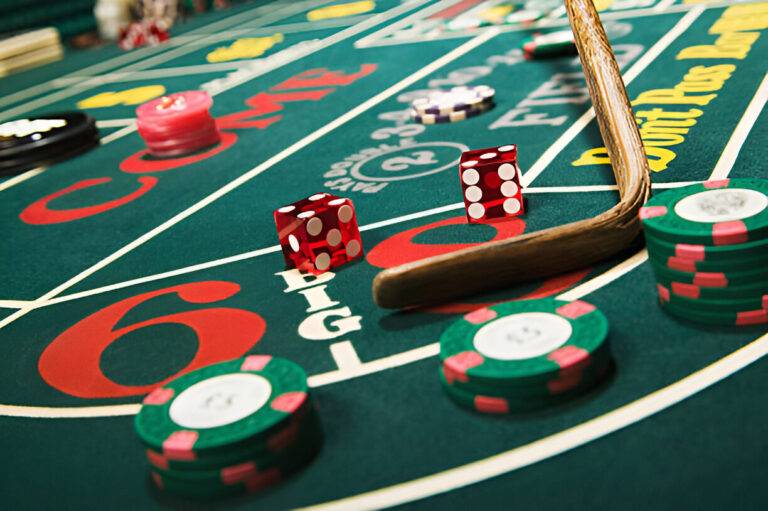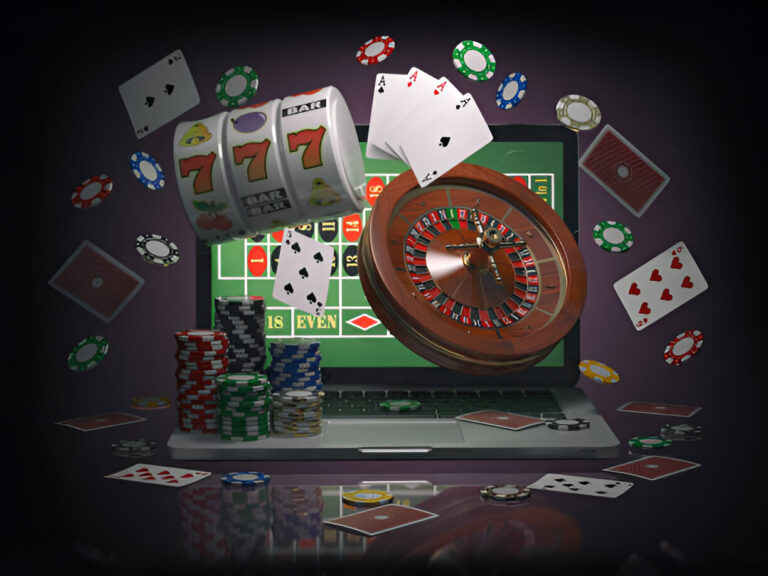How I Learned to Walk Away While Winning (Hardest Gambling Skill)
I was up $420 on a $100 slot session when my phone alarm went off. Two-hour limit reached. Time to walk away.
Everything in my brain screamed, “Just one more bonus round.” The machine was clearly hot. I’d hit three features in the last 30 minutes. Walking away now felt like abandoning money on the table.
But I closed the game, cashed out, and drove home with my biggest win of the month.
Six months earlier, I would have played until that $420 became a $50 loss. Learning to walk away while winning took me three years to master — and it’s still the hardest gambling discipline I practice.
Finding the right platform helps with discipline, too. Retro Bet caught my attention with their welcome package up to 5,000 AUD plus 500 free spins, but what really helped was their built-in session tracking. Small features like automatic time reminders make walking away easier when you’re caught up in the moment.
Why Winning Makes Walking Away Impossible
Losing creates natural stopping points. Your bankroll shrinks, reality sets in, and quitting becomes emotionally easier. Winning does the opposite — it convinces you the good times will continue indefinitely.
The psychology trap: When you’re winning, your brain interprets it as evidence you’ve “figured out” the game. The hot streak feels sustainable rather than temporary.
The $340 Lesson That Changed Everything
My wake-up call happened on a Tuesday night blackjack session. Started with $100, ran it up to $440 over two hours. Instead of leaving, I convinced myself one more hand couldn’t hurt.
The justification: “I’m up $340 — I can afford to lose a little back.”
Three hours later, I was down to my last $80. The hot dealer had turned ice cold, but I kept chasing my high point. That $340 win became a $20 loss because I couldn’t walk away while ahead.
The realization: I was better at protecting money I’d brought than money I’d won. Winnings felt less valuable than my original bankroll.
The “House Money” Trap
The biggest mental obstacle is treating winnings differently than your original money. Once you’re up $200, that $200 stops feeling like real money. It becomes “house money” you can afford to risk.
The reality: The moment you win money, it becomes your money. There’s no such thing as house money in your pocket, but your brain refuses to accept this.
Breaking the House Money Illusion
I started a simple exercise: after any significant win, I’d physically move the winnings to a separate app balance. This forced me to acknowledge the money as mine rather than some theoretical gain.
The psychological shift: When winnings feel like real money again, risking them becomes much harder.
Testing self-control with demo games helped me practice these rules. I’d spend time with konami pokies in free mode, setting fake limits and sticking to them. Sounds silly, but it trains your brain to follow rules even when you don’t want to.
Developing Walking Away Discipline
The Alarm Method
I set phone alarms before every session. When they go off, I have exactly 2 minutes to finish my current game and cash out. No exceptions, no extensions.
Why this works: The alarm removes emotional decision-making. I’m not choosing to quit during a hot streak — I’m following a predetermined rule.
The 50% Rule
When I hit significant wins (double my starting bankroll or more), I immediately withdraw 50% of the total session winnings. The remaining amount becomes my new “risk budget” for the session.
Example: Start with $100, hit $300. I withdraw $100 (50% of the $200 win), leaving me with $200 to continue playing. This guarantees I leave with profit even if the session goes bad.
The Hardest Part: Accepting “Enough”
The most difficult aspect is not the mechanics of walking away but accepting that your current winnings are enough. There’s always potential for more, and walking away means definitively choosing less than the theoretical maximum.
The mindset shift: I stopped asking “what if I stayed?” and started asking “what if I give this back?” Fear of losing winnings became stronger than greed for potential additional gains.
Making It Automatic
The key breakthrough came when I removed choice from the equation. Strict time limits, automatic withdrawal rules, and percentage-based stopping points eliminated the emotional component of exit decisions.
The result: My average winning session amount dropped slightly, but my consistency improved dramatically. I now leave with profits from 73% of winning sessions versus 31% before implementing these rules.
Walking away while winning requires fighting every gambling instinct you have. But protecting profits from yourself is what separates occasional lucky streaks from sustainable gambling success.







